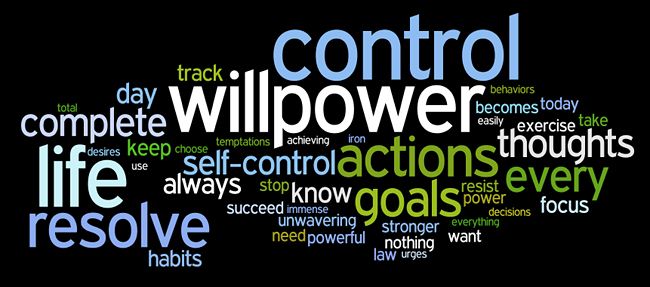The Science of Self-Discipline by Luanne Oakes, PhD is a practical manual for teaching ourselves and achieving our individual best. It was originally written as a guide to help the members of a community to achieve greater self-discipline through a commitment to personal growth. As a tool for improving interpersonal relationships, this book has proven to be an exceptionally effective model for helping people live better lives. It provides individuals with an integrative set of strategies to improve their self-discipline and thus their relationship with other people.

Self-Discipline is defined as intentional action or unwavering resolution to be in harmony with a specific system of interpersonal governance. Self-discipline is most commonly applied in terms of regulating animal and human behavior so that it fits into the society or environment that it naturally belongs. However, in terms of motivation and goal setting, one can apply the concepts to achieve more specific goals. The book maintains that the concepts are actually learned behaviors that need to be consistently practiced so that a person can attain the highest level of self-discipline possible.
People learn self-discipline through three primary sources-exercise, rewards, and habits. When an individual exercises, they are exercising by reaching target goals in mind, a common example of which is completing a marathon. Another example is eating healthily. Individuals that consistently practice healthy habits will develop willpower by managing their self-control. In addition, rewards can be linked to self-control goals, providing a clear incentive for consistently applying the concepts of self-discipline.
It is important to note that, in the mind of the beholder, it can feel good to have strong willpower. However, strong self-discipline requires consistent application. Individuals that do not apply the positive concepts of self-discipline, such as willpower, to their lives are usually those that exhibit feelings of unworthiness, anger, depression, and other negative emotions. To learn to use self-discipline, an individual must first neutralize the effects of self-denial and embrace the feeling of worthiness.
With that said, there are some individuals that have developed skills in managing their emotions so that they do not feel guilty or worthless. These individuals may want to pursue a career of teaching, but they still find themselves procrastinating. Perhaps they do not feel good about themselves for procrastinating. In order to take control of their life and improve self-discipline, these people must identify their emotional problem and then find ways to overcome it. This is easier said than done, but when an individual understands their emotional challenge, there are many solutions available.
A very common solution for people lacking in self-discipline and willpower is to seek help from a professional. There are several behavioral psychologists who can provide advice on how to manage your time and your habits. There are also several therapies that help you to change your sleeping habits and focus your efforts on your goals. With these behavioral therapies and other tools to fall back on, it will be much easier to get your self-discipline and willpower back on track.
For those who still find themselves procrastinating, there are also behavioral therapies to fall back on. One of the most common therapies to overcome procrastination is to identify the feeling of shame that you may have associated with failure. By eliminating the shame, an individual can then begin to rise above their feelings of shame and instead focus on the self-discipline and willpower that they have to work toward their goals. In order to eliminate the habit of shame, it is important to find ways to deal with your negative thinking patterns such as finding positive resources, challenging yourself, and changing your habits.

In addition to the self-discipline and willpower that one must keep up, there are also habits that one can break to increase their self-discipline and willpower. One habit that many people have difficulty breaking is self-denial. In order to be able to change a habit, one must first recognize that they have a problem and that a problem needs to be changed. Once you have identified the habit that you want to change, you can then focus on how bad it is and replace it with a new one. This is often more difficult than just saying no to something because saying no to something can bring about a negative outcome. By replacing your old habits with new ones, you will notice that you have increased your self-discipline and willpower, which make it easier for you to resist the temptations that you face on a daily basis.